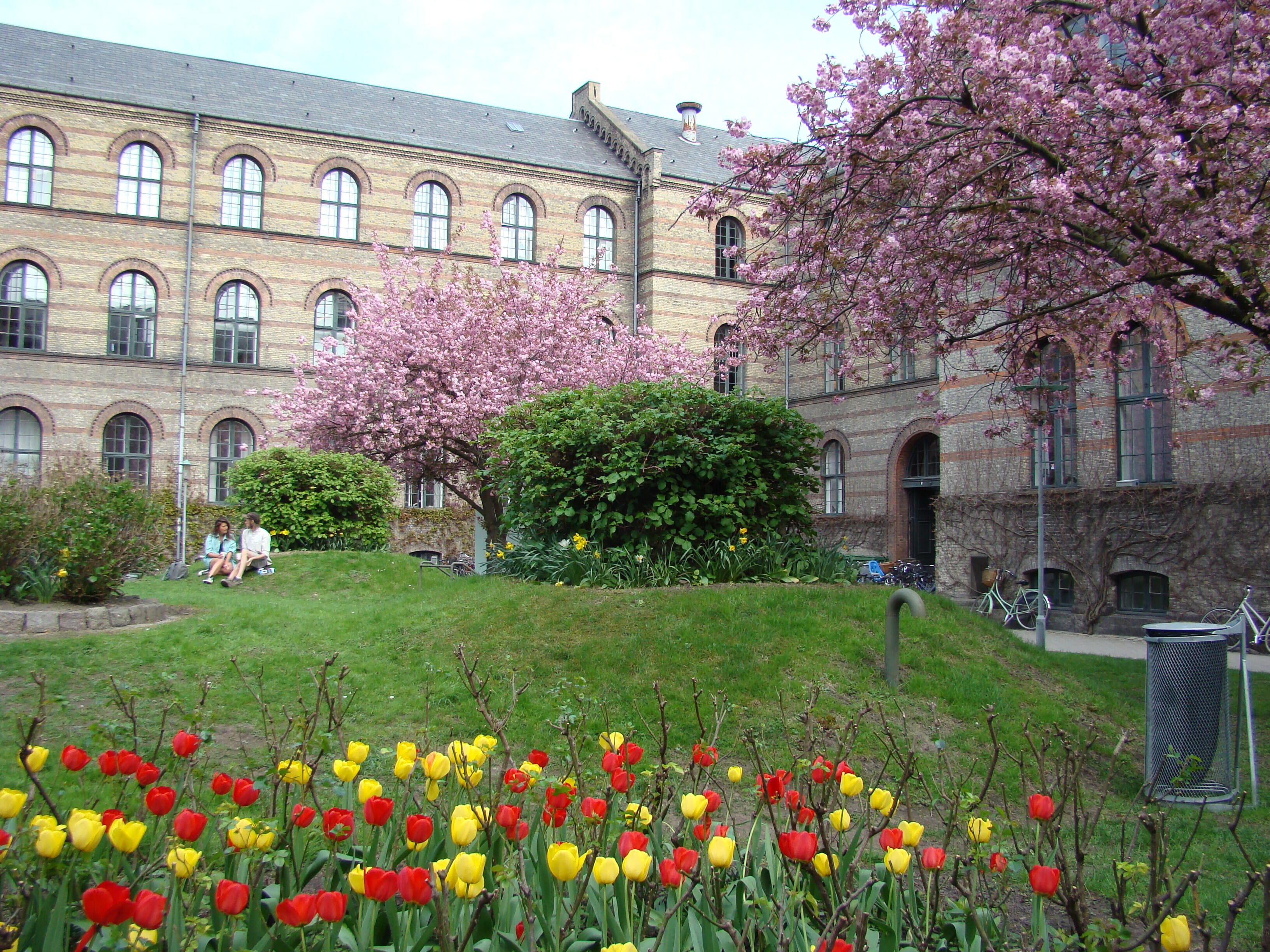Universitetsavisen
Nørregade 10
1165 København K
Tlf: 35 32 28 98 (mon-thurs)
E-mail: uni-avis@adm.ku.dk
Ph.d.-forsvar
Ph.d.-forsvar — Natasja Kingod defends her PhD thesis The tinkering M-patient: An (Auto-)Praxiographic Study of Attuning to a Life with Type 1 Diabetes through Online and Offline Support".
Date & Time:
Place:
University of Copenhagen, Centre for Health and Society, Øster Farimagsgade 5, 1353 Copenhagen K, Room 2.0.63.
Hosted by:
Department of Anthropology
Cost:
Free
Candidate
Natasja Kingod
Title
The tinkering M-patient: An (Auto-)Praxiographic Study of Attuning to a Life with Type 1 Diabetes through Online and Offline Support”. A copy of the the dissertation is available for reading at the Department of Anthropology, room 16.1.50.
Time and venue
16 May 2018 at 14:00. University of Copenhagen, Centre for Health and Society, Øster Farimagsgade 5, 1353 Copenhagen K, Room 2.0.63. Kindly note that the defence can last no longer than 3 hours, and that it will start precisely at the announced time. The Department of Anthropology will host a reception after the defence in room 33.1.19.
Assessment committee
Associate professor Hanne Overgaard Mogensen, Department of Anthropology, University of Copenhagen (chair)
Senior Projectmanager Lone Grøn, VIVE – The Danish Center for Social Science Research
Professor Vololona Rabeharisoa, CSI – Centre de Sociologie de L’Innovation, Paris, France
Abstract
This PhD dissertation explores how adults with type 1 diabetes engage with social media as they go about their daily self-care. The overall research aim has been to explore how practices of and knowledge about self-care and living with illness become co-constructed through processes of online searching and sharing and of offline tinkering with self-care. I propose a conceptual framework focused on doing, knowing, and attuning to understand how people with type 1 diabetes engage with social media in their daily efforts of self-care. The concept of attuning was developed during analysis when it became apparent that its worked as a bridge between doing and knowing. Attunement is a state of fine-tuning that involves practices of filtering, tinkering with and negotiating knowledge and information emerging from bodies and technologies to fit daily lives. It is a constant balancing process. Thus, the analysis also reveals how living with a chronic illness in the twenty-first century has become demanding in new ways as people must process enormous amounts of data from their bodies, self-care technologies, and social media to avoid noise as dysappearance, defined as an augmented focus on the illness. I conclude that people living with type 1 diabetes are carriers of practical knowledge amassed through comprehensive, daily self-care endeavors. Facebook is a valued medium for sharing knowledge about self-care that – through peer-to-peer interactions – becomes co-constructed to fit individual bodies, technologies, and daily lives.
